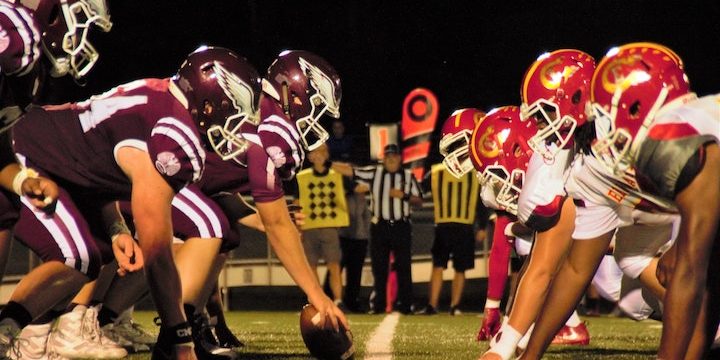Traumatic Brain Injury (TBI) is caused by a bump, blow, or jolt to the head or by a penetrating injury (ex: gunshot) to the head. In the United States, severe TBIs are linked to thousands of deaths each year.
(CDC.gov)
Traumatic Brain Injuries are relatively common in Texas. In 2016, Texas hospitals reported 22,635 TBIs, with only 50% of hospitals submitting data.
For those who survive, a TBI may lead to long-term or life-long health problems that may affect all aspects of a person’s life. It’s critical that anyone who suffers a TBI or a blow to the head seek medical attention immediately.
Everyone should be aware of TBI warning signs and symptoms, especially the less-obvious signs. In the event that you or someone you know have suffered a possible TBI, you can spot the signs and symptoms and seek medical attention right away.
TBI Warning Signs
- Trouble thinking or remembering (Ex: not being able to focus on a familiar task)
- Problems Sleeping (Ex: tossing and turning more than usual)
- Slurred speech, or not being able to form sentences
- Problems with vision or hearing (Ex: blurry vision and ringing noises)
- Loss of consciousness from several minutes to hours
- Persistent headache or headache that worsens
- Repeated vomiting or nausea
- Convulsions or seizures
- Dilation of one or both pupils of the eyes
- Clear fluids draining from the nose or ears
- Inability to awaken from sleep
- Weakness or numbness in fingers and toes
- Loss of coordination
This list isn’t exhaustive—Only a neurologist will be able to definitively say if you’ve suffered a TBI and the extent of the damage.
However, any one of these symptoms is a clear sign that you need to get evaluated by a qualified neurologist immediately. The sooner you can be evaluated by a neurologist, the better.
A neurologist will give you a complete neurological workup, deliver cognitive and neurological tests, and review any existing tests, scans, or evaluations. They’ll also advise you on the best courses of action and treatment.
Common Causes Of Traumatic Brain Injuries
It’s not hard to think of activities that Texans partake in that can result in TBI: horseback riding, football, and home repair are just a few that are obvious. But TBI can happen just about anywhere where there are people and objects in motion.
Here are the top 4 causes of TBI requiring hospitalization in Texas, according to the Texas Brain Injury Advisory Council Report:
- Slips and Falls (11,696 hospitalizations)
- Motor Vehicle Accidents (7,285 hospitalizations)
- Falling Object/Struck by Object (2,748 hospitalizations)
- Transport Accidents (1,201 hospitalizations)
But even head injuries that appear mild or don’t leave any apparent physical damage need to be evaluated ASAP by a doctor in order to make sure that there isn’t a latent injury or continued risk because of neurological damage.
It’s important to remember that prevention goes a long way toward preventing TBI. Always wear the right protective gear (helmets, seatbelts, hard hats, etc.) and always consider the TBI risks involved with whatever you are doing.
Unfortunately, there is no way to eliminate the risk of TBIs entirely. So, if you or someone you know is struggling with persistent TBI symptoms or you need a definitive diagnosis, contact experts who can help. Contact an experienced neurologist.







